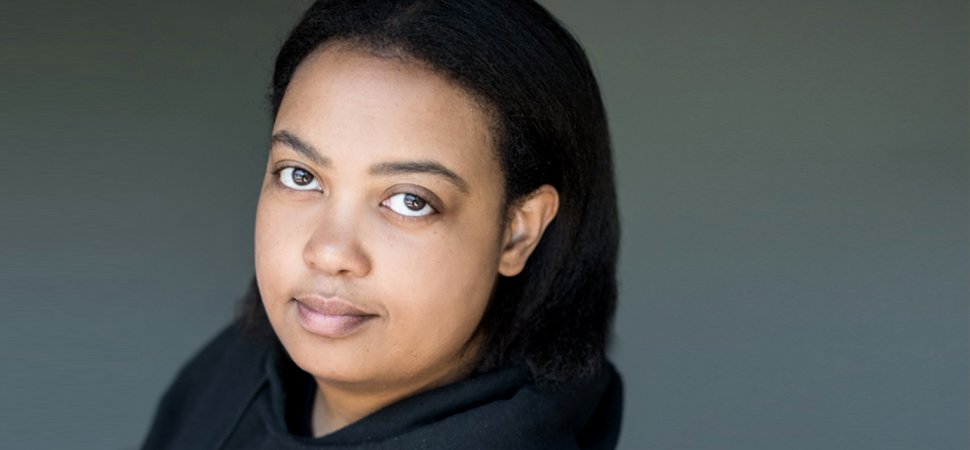
11 Jan Tech Diversity Took Steps Back in 2016, Expects a Challenging 2017
It was a rough year for the tech diversity community in 2016. Although new leaders stepped up to push the cause forward, efforts to hire more women and minorities were hit with a barrage of setbacks.
It’s been more than two years since tech companies began releasing diversity reports. Heading into 2017 anticipating a Trump Administration that seems to not prioritize inclusion, the tech diversity community faces some big tests.
The following are 2016’s most important developments in tech diversity.
1. Surveys reveal harsh truths in Silicon Valley.
The year began with the release of a survey showing just how rampant sexual harassment was across the tech industry. Although many assumed or knew the practice persisted in Silicon Valley, prior to the study, it hadn’t been quantified. The study found that 60 percent of women in tech had reported unwanted sexual advances.
In September, another demoralizing survey was released. This one showed that although many entrepreneurs say they value diversity, only 23 percent of founders believe diversity can help financial performance. It’s a discouraging figure, given the number of studies that have shown that diversity benefits companies’ bottom lines.
2. Slack emerges as a diversity leader.
These days, many companies participate in tech diversity initiatives, but few are true leaders. This year, Slack emerged as one.
Throughout the year, the enterprise chatting software company made efforts to welcome more women and minorities and to highlight diversity. In January, CEO Stewart Butterfield wrote a moving note to his staff on the importance of Martin Luther King Jr. Day. He also invested in a venture fund focused on diverse entrepreneurs. At the Crunchies Awards, the company put the spotlight on four female African-American employees. The company also hired tech-diversity leader Leslie Miley.
Most important, Slack announced plans to open an office in Toronto, a city whose demographics the company expects will help improve its diversity.
3. Diversity reports take a step back.
In 2014, several tech companies, including Google, Facebook, Pinterest, and Twitter, committed to hiring more women and minorities, as well as releasing annual diversity reports. It was a bold act of leadership.
Two years later, many of these efforts seem to be dialing back.
Google released its 2016 report just prior to the July Fourth weekend, a move that minimized coverage. Facebook blamed its lack of progress on a lack of talent, a so-called pipeline problem, a claim that many diversity experts repeatedly have shown is not the industry’s root problem. After setting hiring goals, Pinterest released a report showing some of the industry’s most significant gains, but rather than build on its efforts, Pinterest maintained its goals and even lowered one, scaling back the number of women it hopes to hire for tech jobs in 2017. Twitter, meanwhile, has yet to release its 2016 diversity report.
4. Arlan Hamilton and Backstage Capital break out.
Arlan Hamilton had no business being in tech. She worked in the music industry in Texas, but she was bit by the tech bug and headed to Silicon Valley. Her goal? To launch a venture-capital fund focused on entrepreneurs from diverse backgrounds.
Hamilton hurled herself headfirst, giving every dime she had toward the mission, and for an extended period, she couch-surfed as she looked for investors.
By late 2015, Hamilton began collecting investments from a who’s who of tech industry leaders. By summer 2016, Hamilton’s Backstage Capital was firing on all cylinders, investing in underrepresented entrepreneurs across the U.S. That’s when she shared her journey and all of its intricacies with Inc. Now, Hamilton is among the most vocal leaders in tech diversity.
5. Trump and the Muslim registry.
Since 2014, the tech industry chased its diversity ambitions with abandon because in Washington, D.C., President Obama was a supporter of the efforts and was initiating similar programs for the federal government.
America’s next president, Donald Trump, has seemed to indicate that diversity would be anything but a priority. His incoming administration already seems to be having an impact. For example, when tech companies were recently asked if they would assist in building a database to help identify Muslims as a means to prevent terrorist attacks, most ignored the question. Only Twitter gave a definite “no.” But after thousands of tech workers took a pledge against such a registry, more tech companies followed suit, including Google, Facebook, and Apple. While the tech diversity community welcomed the news, they were alarmed at the slow response.


Sorry, the comment form is closed at this time.